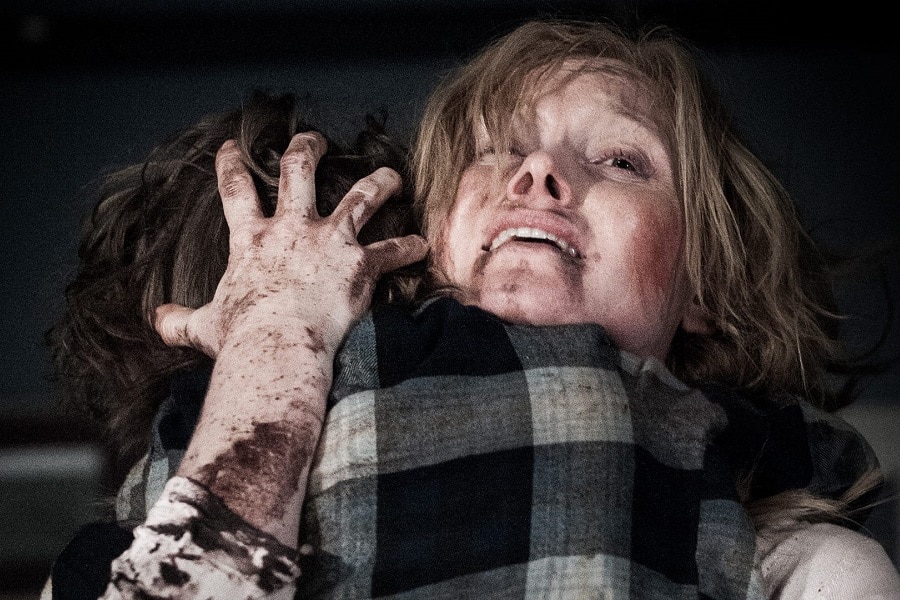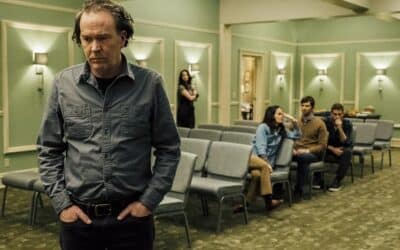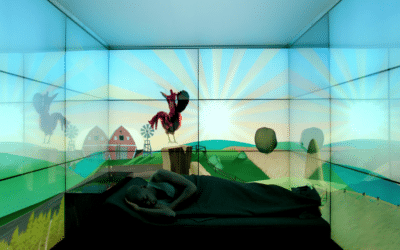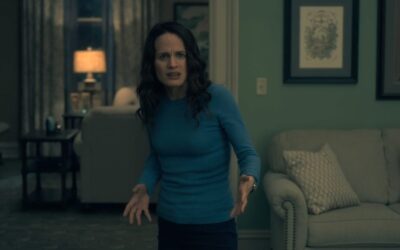
Feminist Horror
The hushed world of horror often gets a frightful rap for its portrayal of women. Distress calls, midnight chases, high-pitched screams – you might think that’s the extent of women’s presence in the horror realm. But peer a little closer into the cobweb-laden corners, and the picture changes. Turns out, women aren’t just the damsels in these stories; they’re the storytellers. Feminist horror, a genre that often goes unnoticed, has been rising steadily, and it’s worth raising a lantern to its champions, the high priestesses of horror. These masterminds take terror and intertwine it with the threads of feminist narratives, making for a delightfully dark tapestry.
Novels are one terrain where these priestesses reign supreme. Take Shirley Jackson, for instance. Anyone who’s lost themselves in the world of ‘The Haunting of Hill House’ or ‘We Have Always Lived in the Castle’ knows Jackson’s knack for intertwining everyday settings with a chilling undercurrent. Jackson’s heroines are multifaceted – at times vulnerable, at other times brimming with insidious intent. They aren’t just characters in the story; they’re its very soul, making Jackson’s works not just tales of horror but of depth and humanity.
Speaking of haunted dwellings, Sarah Waters’ ‘The Little Stranger’ beckons with its eerie charm. Waters crafts an engaging post-WWII tale with a dilapidated mansion and its crumbling aristocracy. Yet, the horror isn’t just about ghosts or tragedies of the past. It’s about the societal horrors that women face, the stifling chains of class and gender expectations. Waters subtly weaves these themes into the storyline, making her work a masterpiece in feminist horror.
Swapping ink for the silver screen, the world of movies and TV shows has seen its fair share of female-driven horror narratives. Jennifer Kent’s ‘The Babadook’ is one such wonder. A tale of a mother and son haunted by a sinister entity, this film goes beyond jump scares. The Babadook, as terrifying as it is, represents the shadows of grief, depression, and the burdens society places on single mothers. The fear isn’t just of the monster; it’s of the reality it symbolizes. Kent masterfully plays with this duality, making ‘The Babadook’ a resonant and unforgettable feminist horror piece.
The world of TV has also embraced the feminist horror narrative with open arms, and ‘The Haunting of Bly Manor’ by Mike Flanagan stands out. Although one might argue that Flanagan isn’t a high priestess (maybe a high priest?), this show’s narrative holds feminist values at its core. Inspired by the works of Henry James, the series offers tales of love, loss, and legacy through the eyes of its female protagonists, who navigate both spectral and societal challenges.
One cannot discuss feminist horror without a nod to Julia Ducournau’s ‘Raw.’ A tale of a vegetarian vet student who develops an unexpected taste for meat, this film delves into femininity, family, and forbidden desires. The horror is visceral and raw, pun intended, but it’s also symbolic. It’s about the lengths to which women go to fit into societal molds and the costs of such transformations.
If one looks closely, there’s a pattern to the tales that these high priestesses weave. They’re not just about ghosts, goblins, or gory scenes. They delve into the deeper fears of society – the fear of being an outcast, the fear of societal expectations, and the fear of the roles that have been preordained. The monsters in these tales, as eerie as they are, often symbolize these deeper fears. It’s this layering that makes feminist horror such a rich and compelling genre.
These high priestesses, with their tales of terror and empowerment, shatter the mold of traditional horror. They remind us that horror isn’t just about what lurks in the shadows; it’s about what lurks in the recesses of society and the human psyche. Through their narratives, they bring to the fore issues that are often sidelined and weave them into tales that are as compelling as they are terrifying.
In a world awash with horror tales, the voices of these high priestesses resonate with power and purpose. They ensure that the realm of the macabre isn’t just about scares; it’s about stories that matter, stories that reflect the world in its dark, beautiful complexity. They redefine horror, making it a mirror to society and a testament to the strength and spirit of women. With such spellbinding narratives to offer, one thing is clear: the world of feminist horror is here to haunt, to captivate, and most importantly, to empower.
More Horror Features
Horror Through the Ages
A Journey Through Time and Terror
Technology in Horror
When gadgets become nightmares
Female Characters in Horror
From Victims to Heroes



